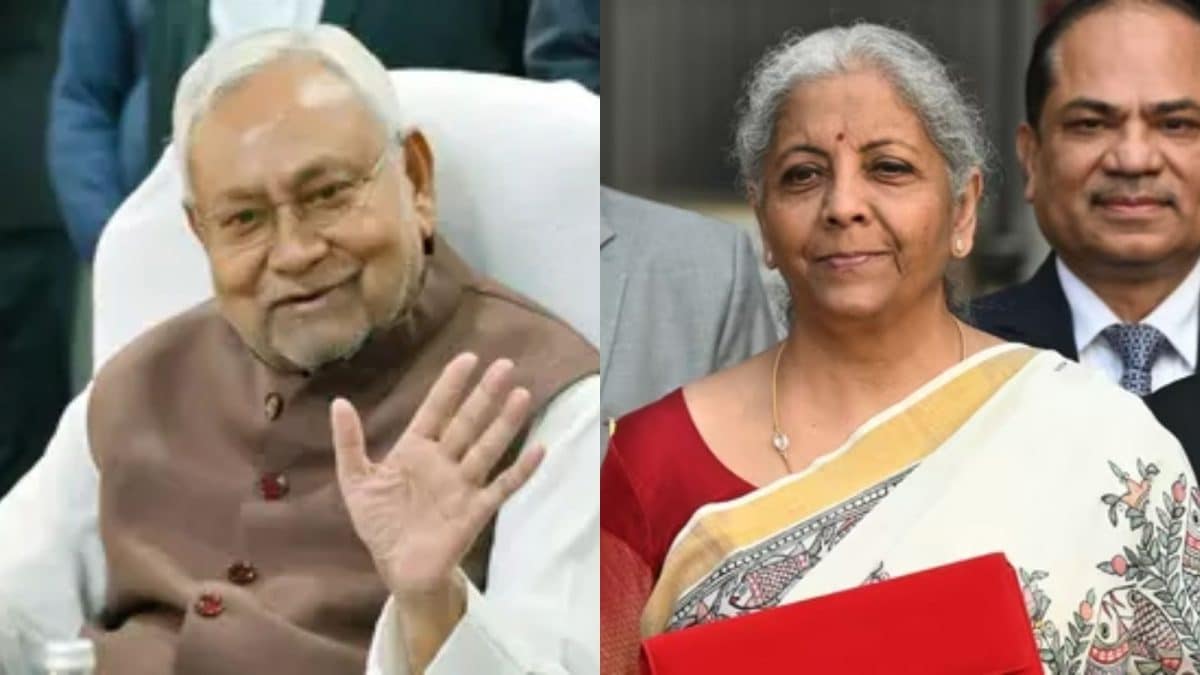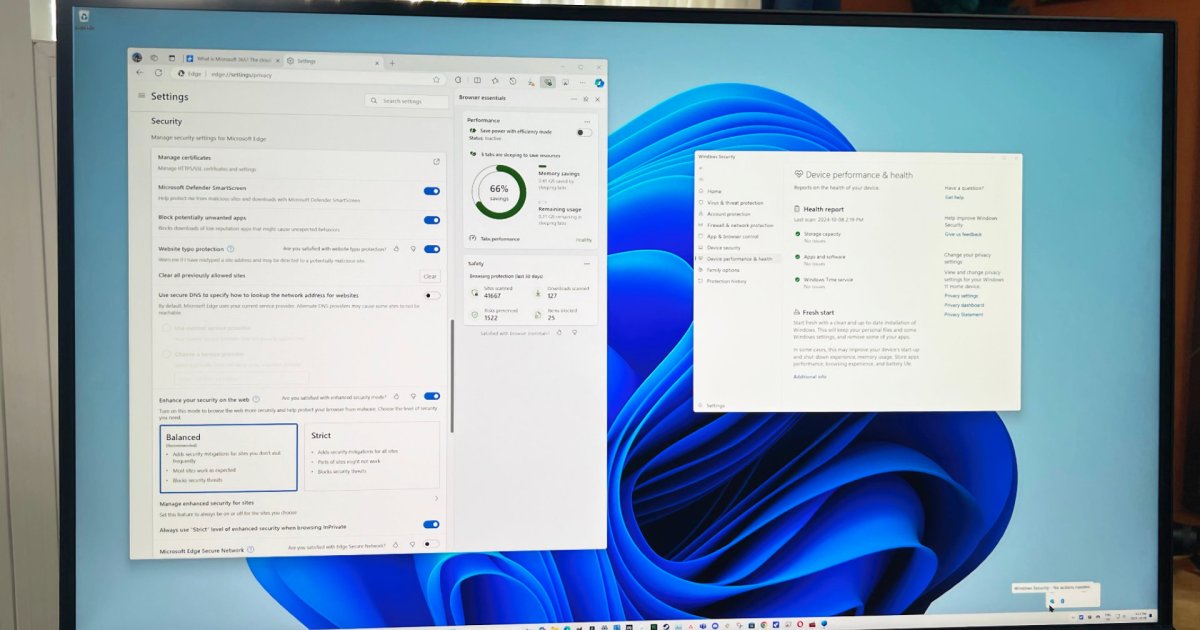National security also gets greater prominence, with pledges to keep key industrial chains safe and boost strategic military deterrence.
The goals have to be accomplished by 2029, the 80th anniversary of the People’s Republic. The coming five years will also be a decisive period for the party’s target of building a modern socialist China by 2035, giving it a strong position in the great power rivalry with the United States and other geopolitical hostilities.
President Xi Jinping said the measures aimed to meet China’s “urgent need” to counter major risks and challenges, according to a separate Xinhua article on decisions made at the plenum.
Xi, who leads the Central Committee, said China was faced with “increasing uncertainties and unpredictable factors” impacting national development, as “external suppression and containment are continuously escalating”.
The four-day, closed-door plenary session of the Central Committee concluded on Thursday.
A unified set of market rules, fair and consistent regulatory framework, removal of restrictions to market entry and competition are among the aims listed in the resolution document, which also calls for efficient and coordinated policy implementation and pledges to address the financing difficulties of local governments.
It includes a promise to equally protect the “property rights of all types of ownership economies”, and to support the private sector.
The leadership also aims to promote the development of future industries, “new fields and new competitive tracks” in the global tech race.
The boost for tech and the private sector – the backbone of job creation and innovation – comes as China’s post-Covid economic recovery remains patchy. Growth momentum slowed in the second quarter, and public sentiment remains weak amid a prolonged property market slump, lacklustre financial markets and rising unemployment.
In manufacturing, China is under pressure from a global supply chain diversification away from its market and tightened hi-tech restrictions led by the US. Trade tensions with the European Union have also escalated, with exports of electric vehicles and some new energy products in limbo.
The difficulties have pushed Beijing to strengthen the resilience and security of its supply chains, including a mission to build up a “strategic hinterland” as backup for key industries and improve the national reserve system for key resources.
According to the document, the party also called to “step up building a self-controlled industrial and supply chain” with a focus on integrated chips, industrial master machines, medical equipment and advanced materials.
Xie Maosong, a senior researcher at Tsinghua University’s National Institute of Strategic Studies, said the fact that almost all of the long document was devoted to domestic issues indicated the leadership’s focus on stability and the push for progress.
He said the message was clear, that the only way China could cope better was by making itself stronger and be more prepared to tackle challenges on all fronts, he said.
“The message from the top leadership is consistent: we should prioritise our own matters first,” Xie said.
The document includes a pledge to implement “transparent, stable and predictable” policies, in an apparent attempt to restore China’s market allure for foreign investors. This group has raised concerns about tightened security control in China, as they come under pressure to adjust supply chains or China operations amid the US-led decoupling.
Beijing has also doubled down on national security and stepped up military reform efforts, at a time when maritime tensions threaten to become flashpoints in its tensions with the US and its regional allies.
“[We should] accelerate the development of strategic deterrence forces, and develop new domain and quality combat forces,” the document said, elaborating on aims to build up military power in five years.
The leadership has also vowed to further improve national security mechanisms, to counter “long-arm jurisdiction” and to better safeguard China’s maritime rights and interests.
A mainland-based political analyst, who requested anonymity, said Beijing will continue to launch sanctions and legislation to hit back at US sanctions and protect its core interests over the issue of Taiwan and the South China Sea.
On the science and tech front, the decisions from the plenum include a call to cultivate national “innovative capabilities” and encourage “high-level foreign science and engineering universities to cooperate in running schools in China”.
More open and effective talent recruitment and cultivation mechanisms are expected, with the party calling for better treatment for young scientists so that they can focus on research.
It has also pledged more funding for basic research and better allocation of funds for research projects – including giving scientists more decision-making power and greater control over the funds.







